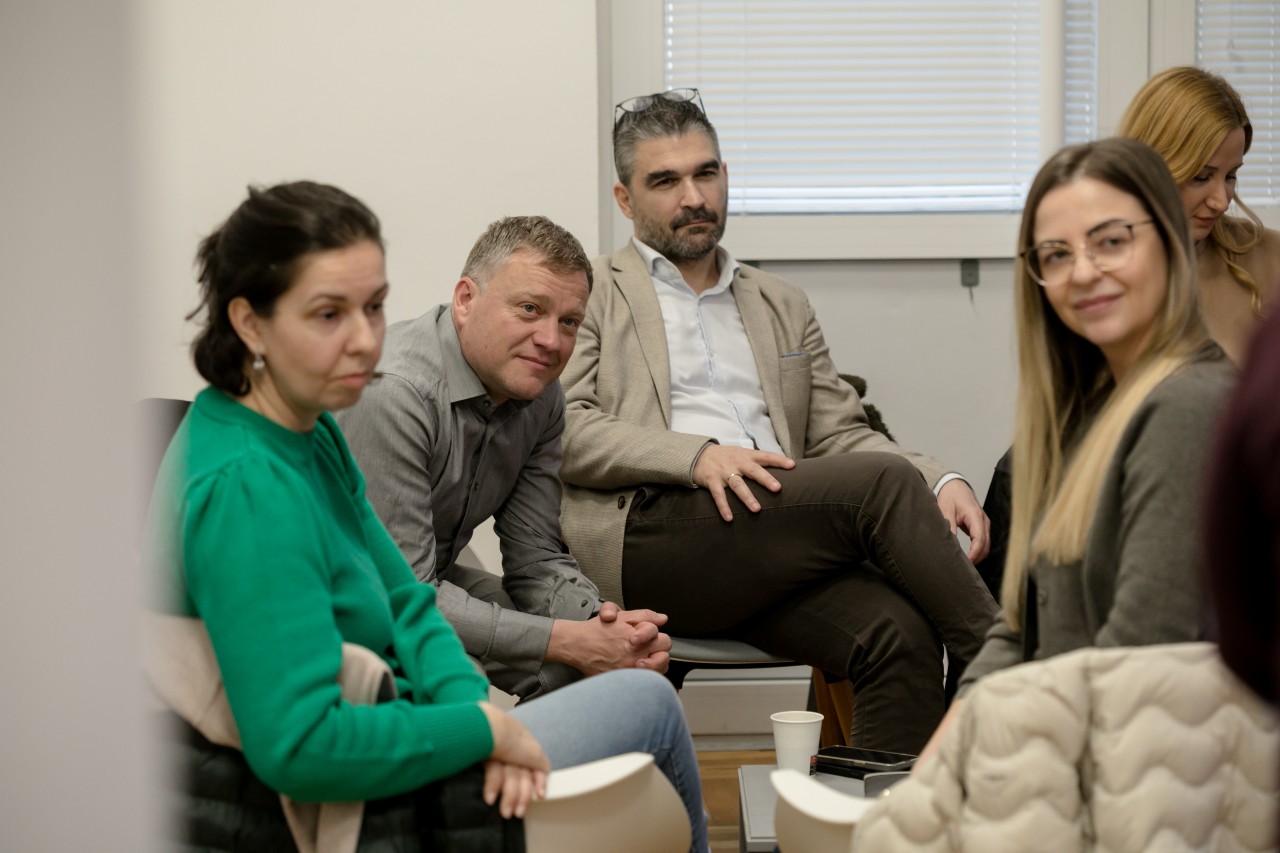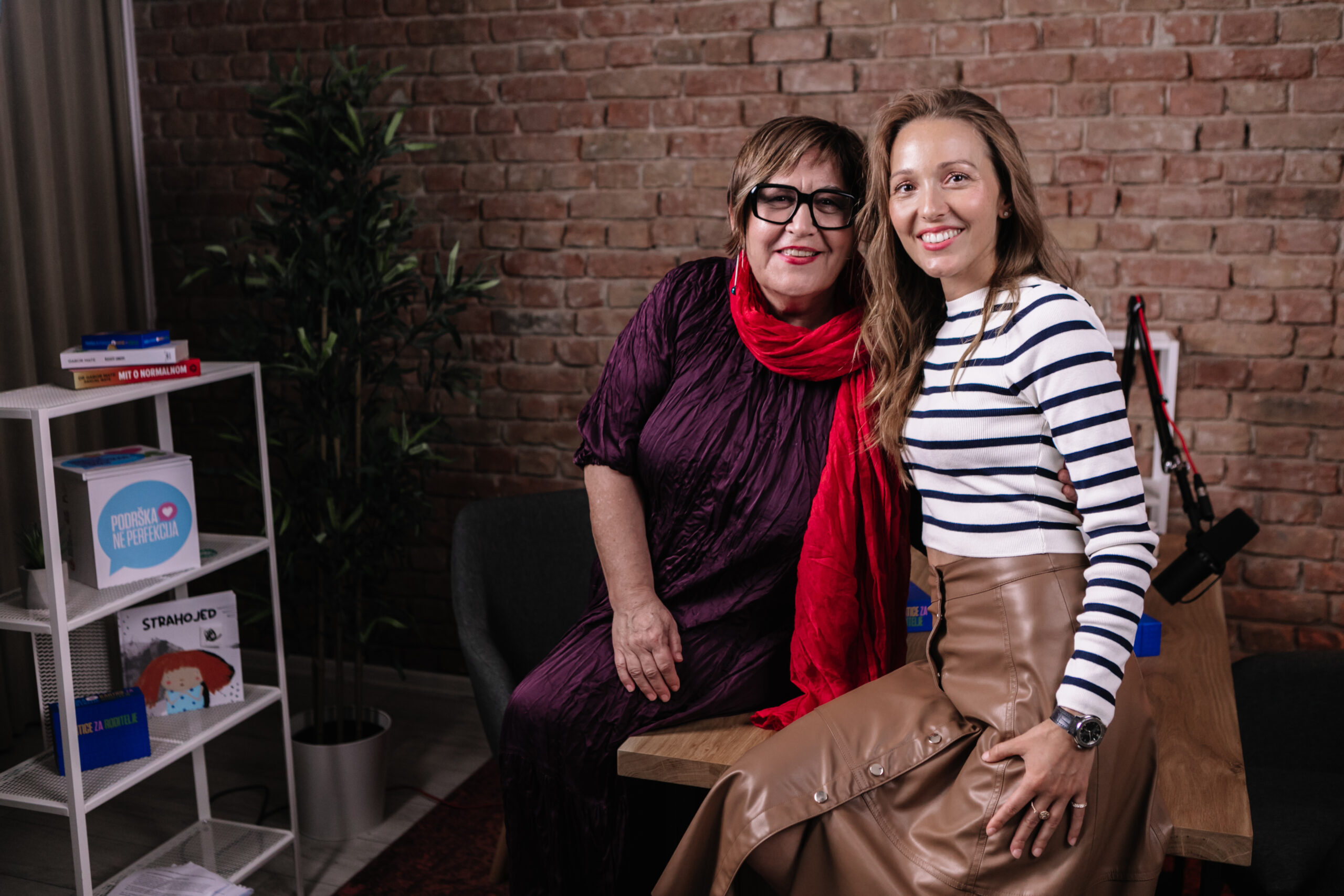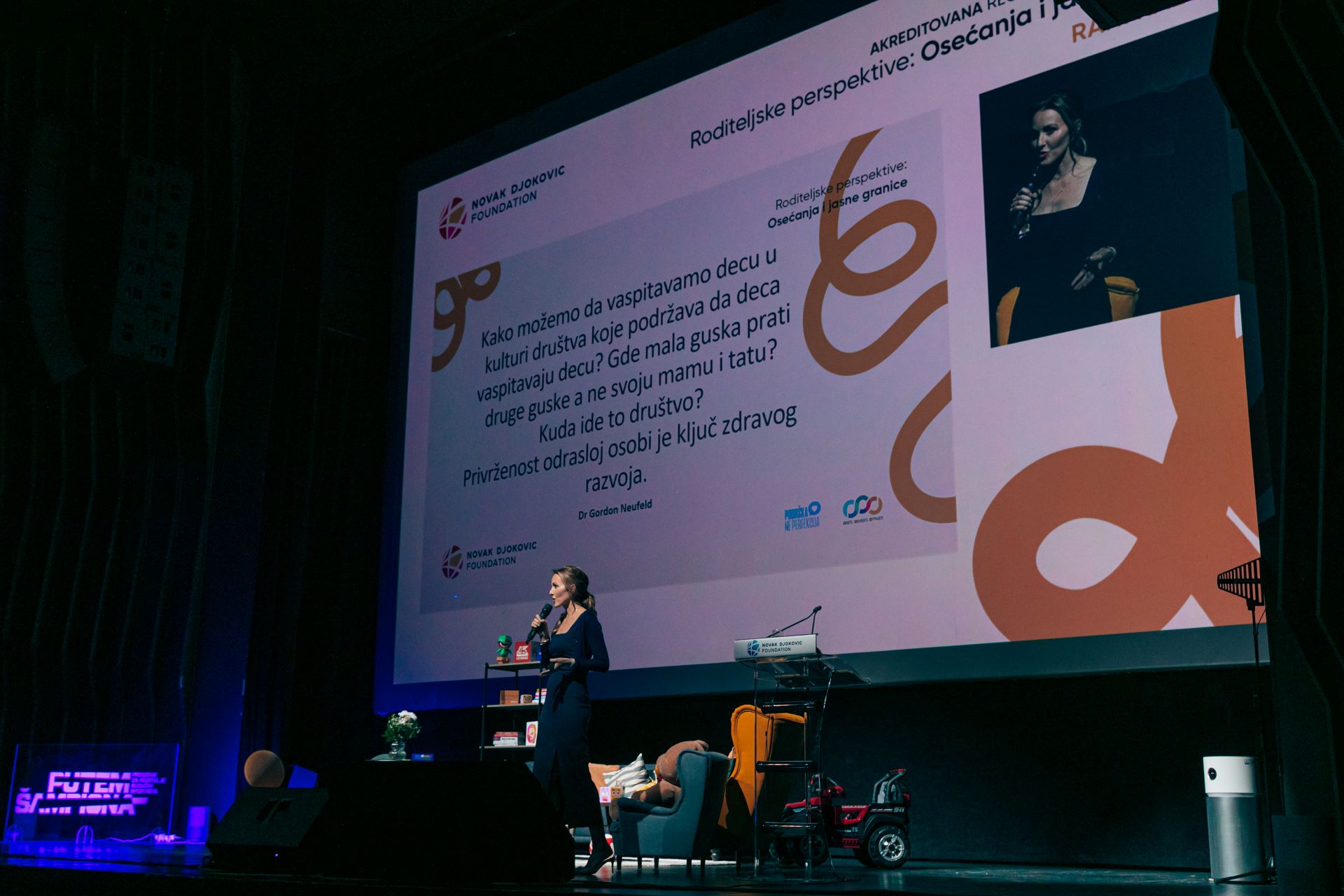The world today has become a much smaller place in a short space of time. The internet, social media and digital communications have made everyone more aware of world problems and the scale of them is huge.
What is your view of charities?
My view has certainly changed over time.
When I was a child I can remember standing in our local high street with a collecting box asking for money for a local good cause. People usually donated small change, and the aim was always to fill the box.
As I grew older we visited factories to collect ‘seconds’ and unwanted items that we could sell for charity on ‘open days’. We filled a stall with home baked goods, fruit and vegetables from the garden, in fact anything that we could sell and raise money.
I can also remember helping give out ‘Christmas gifts’ which were small amounts of money given from a local fund to the elderly and less fortunate to give them something extra at a special time.
Charity to me then was local and relatively small scale.
The world today has become a much smaller place in a short space of time. The internet, social media and digital communications have made everyone more aware of world problems and the scale of them is huge.
Now I donate on a monthly basis to several charities and support friends when they run marathons or engage in whatever bizarre thing they do to raise money for charity.
But how has my view of charity changed?
For big problems we need big ideas – profit is not a dirty word
The legal definition of a charity varies from country to country – and I am not a lawyer. Simplistically to me the main difference between a charity and a ‘normal’ business lies in how it distributes its profits. ‘Normal’ businesses distribute profits to shareholders, charities re-invest profits back into the charity or social purpose.
Yes I did say profit.
If a charity launches an advertising campaign that is perceived as expensive it will be criticised. There will be those who just look at what was spent on the campaign – wouldn’t the money have been better spent on the charitable cause? That is the wrong question to me. The real questions are:
- Did the campaign raise more money than it cost?
- Would the charity have received the ‘profit’ without the campaign?
The answer to the first point should always be yes, the answer to the second point will almost certainly be no.
We should look at what ‘profit’ charities are generating, not what it costs to generate that ‘profit’.
To raise the money needed for big problems we need big ideas, big campaigns and talented individuals. And there comes another problem for some people. The salaries paid to those who work in charities.
Some people believe that those working for charities should be rewarded by the ‘good’ they do. My view is that if you want a charity to succeed in its mission it needs talented people – that means paying the market rate and competing with the ‘normal’ businesses for that talent. Again the focus should be on what monies the charity receives – the ‘profit’.
Do big ideas always mean big donations?
I don’t think so – they are just one source of funds. Large donations raised from events such as the amazingly successful Galas run by NDF are big ideas that work. I am sure we will be seeing more big ideas from the NDF team as time goes on too.
We should never forget that small donations, particularly regular donations make a huge difference too. In my dream world everyone who earns a salary would have to donate a small amount each month to a charity of their choice. Even if this was just $1 a month it could make a huge difference to the world because of the number of people donating, and would make no difference to the donor. I think that really is a dream, but I’m allowed to dream!
You can support NDF by registering with Give as You Live and buying online from UK companies who support the scheme, over 2,500 of them. Every time you buy online from a store such as amazon.co.uk (think eBooks) or istockphoto.com (great photos to download) they will donate a small percentage of their profit to NDF – it will cost you nothing. Just one example of incremental giving – www.giveasyoulive.com – watch the video, sign up and install the toolbar.
How do you want a charity to be remembered?
I support smaller charities with big ideas – like NDF. Smaller charities, like smaller businesses are more agile, adaptable and focussed on their goals. Their effects are often more immediate and the benefits are clear to see – just look at the projects on the foundation website.
I want a charity to be remembered for what it achieves – big changes.
„It’s easy to make a buck. It’s a lot tougher to make a difference.“ Tom Brokaw
What do you think?

















